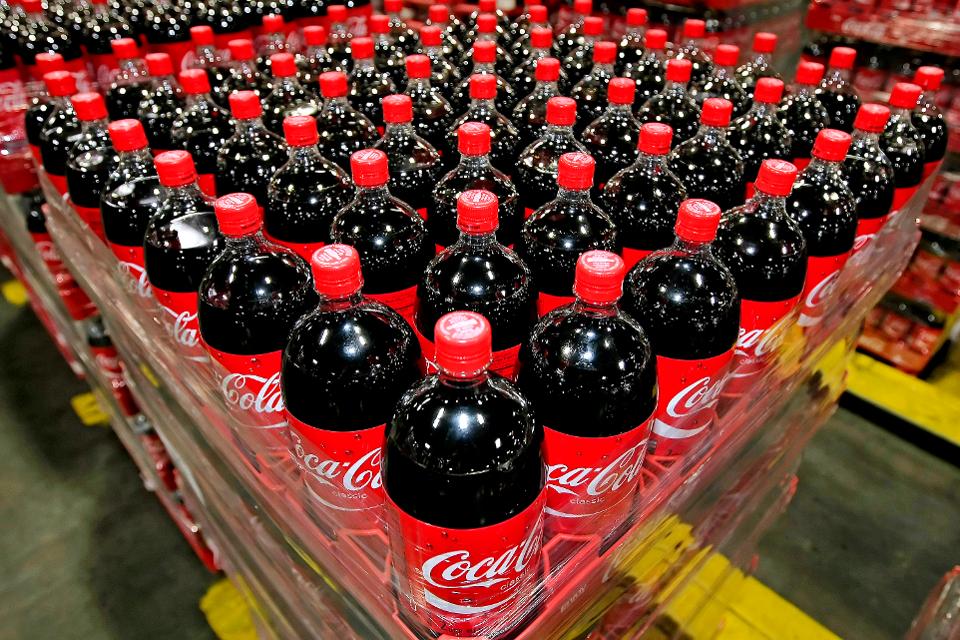Coca-Cola will not stop using plastic bottles because it believes many consumers still prefer them. A company executive at the annual meeting for the World Economic Forum mentioned that Coca-Cola would continue to use plastic bottles, but it does have plans to switch to 50% recycled materials by 2030.
Plastics and Consumer Demand
“Business won’t be in business if we don’t accommodate consumers. So as we change our bottling infrastructure, move into recycling and innovate, we also have to show the consumer what the opportunities are. They will change with us,” Bea Perez, Coca-Cola’s senior vice president and communications and sustainability officer, told BBC.
Read Also: Kenyan Science Teacher Peter Tabichi Wins $1million
Perez mentioned that the company will continue to use plastic bottles for now because of consumer demand. Coca-Cola also has not shared plans that show it plans to eliminate single-use plastics soon. However, the company does plan to make its products from 50% recycled materials by 2030.
Break Free From Plastic

Plastic bottles of soda move along the automated production line. Photographer: Akos … [+]
© 2017 BLOOMBERG FINANCE LP
A report from Break Free From Plastic found that Coca-Cola, Nestlé and PepsiCo were the top plastic polluters globally. The report was based on data collected from cleanup efforts in more than 50 countries.
“The products and packaging that brands like Coca-Cola, Nestlé and PepsiCo are churning out is turning our recycling system into garbage. China has effectively banned the import of the U.S. and other exporting countries’ ‘recycling,’ and other countries are following suit. Plastic is being burned in incinerators across the world, exposing communities to toxic pollution.” Denise Patel, U.S. Coordinator for the Global Alliance for Incinerator Alternatives (GAIA), said.
Break Free From Plastic believes that recycling is not enough to solve the plastic pollution problem. Instead, it wants corporations to stop relying on single-use plastic products. However, plastic is convenient, lightweight and inexpensive, so consumer demand for it continues to be high, and companies like Coca-Cola are aware of this.
As more cities and countries move toward single-use plastic bans, companies will be forced to make changes. Seattle and other cities have already banned plastic straws. California banned plastic bags in 2014, and New York and Hawaii plan to ban them by 2020. Meanwhile, India plans to eliminate all single-use plastic by 2022. Eventually, there may be bans on every type of single-use plastic that is not deemed necessary. Once these rules go into effect, corporations will have no choice but to find alternatives.
FORBES

